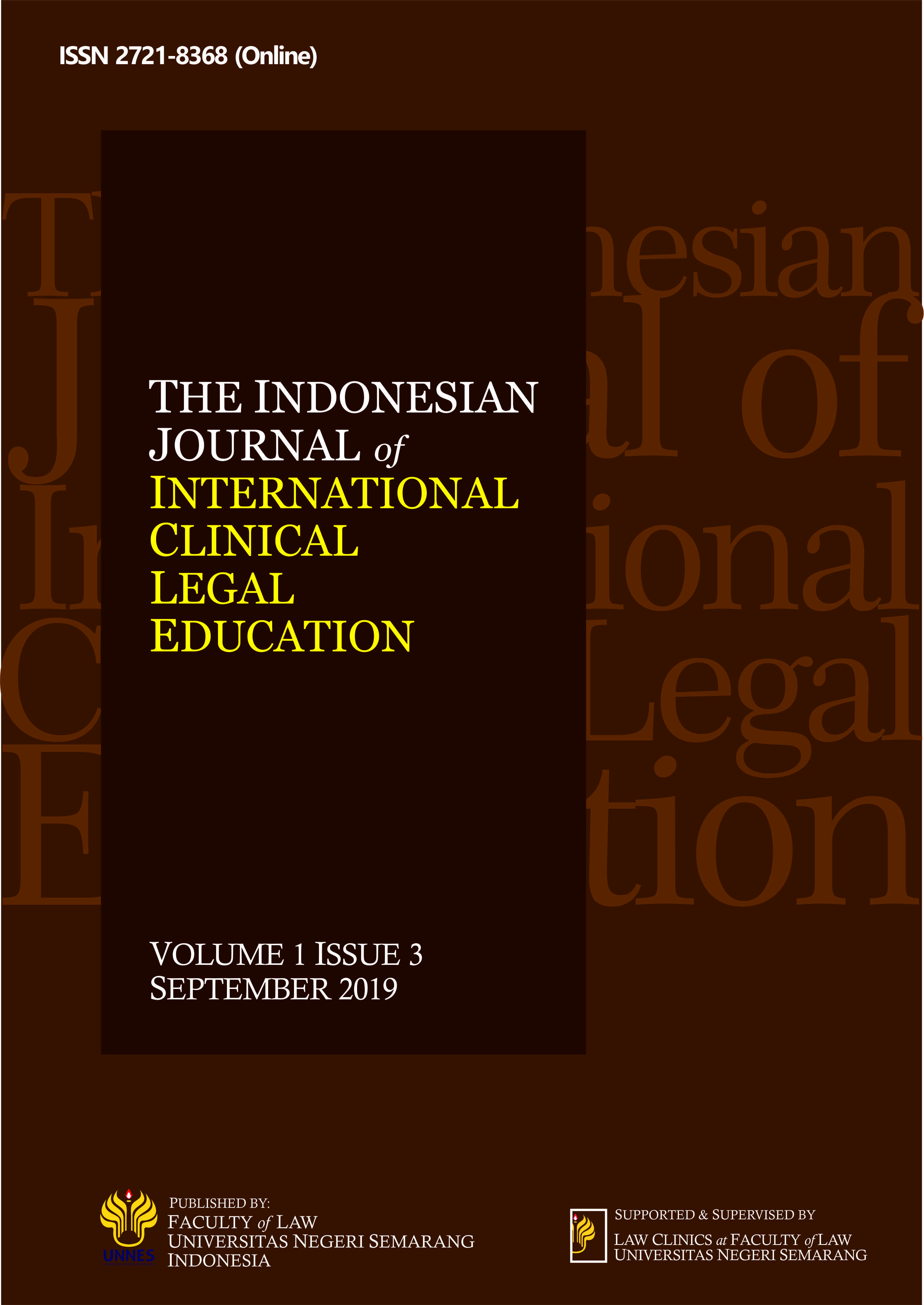State Responsibility to Provide a Free Legal Aid Access for the Poor and the Obstacles in the Implementation
Main Article Content
Abstract
Access for the Poor to receive legal aid include in the area of criminal
law, Civil and Administrative-State, both litigation and nonlitigation.
Legal Aid Litigation includes (1) Criminal cases, including
investigations, and trials in court I, appellate court, appellate hearings,
and review; (2) Civil cases, including peace efforts or court decisions I,
appellate court judgments, appellate court decisions, and review; and;
(3) State administrative cases, including preliminary hearings and court
decisions I, appellate court judgments, appellate court decisions, and
review. Obstacles and Constraints In the realization of Free Legal
Assistance for People Not being able to factor their own law
enforcement officers is that the investigator who did not give the right
of suspects to legal assistance free of charge as mentioned in Article 56
of the Criminal Procedure Code. Apparatus enforcer law ignore
obligations for pointed advisor law on free more caused because
in rules law we no juridical consequences that includes sanctions for
investigators if not to say the rights of the suspect when the
investigation or at all level examination. There are also constraints in
providing access to free legal aid for poor people, namely: a) lack of
sufficient budget for legal aid freely, b) In the constrained legal aid
disbursement by the certificate cannot afford, c) the defendant balks to
be accompanied legal advisors, d) There is still a court that has not had
a POSBAKUM so that the Court finds it difficult to order a legal counsel
who is willing to assist the defendant; e) Honors received by a relatively
small legal counsel, f) A legal counsel appointed to assist a defendant
who is not able to be reluctant or often does not attend the hearing
and does not appoint a replacement; g) If a defendant is unable to
prepare a certificate of incapacity, because the defendant or the
applicant is in custody and they are not even domiciled or non-resident
within the jurisdiction. This will result in the difficulty of disbursing the
legal aid funds
Article Details
The copyrights of the article in Indonesian J. Int'l Clinical Leg. Educ. is on the Author(s), however, before publishing, it is required to obtain written confirmation from Author(s) in order to ensure the originality (Author Statement of Originality). The statement is to be signed by at least one of the authors who have obtained the assent of the co-author(s) where applicable. This work licensed under a Creative Commons Attribution-ShareAlike 4.0 International (CC BY-SA 4.0). All writings published in this journal are personal views of the authors and do not represent the views of this journal and the author's affiliated institutions.
